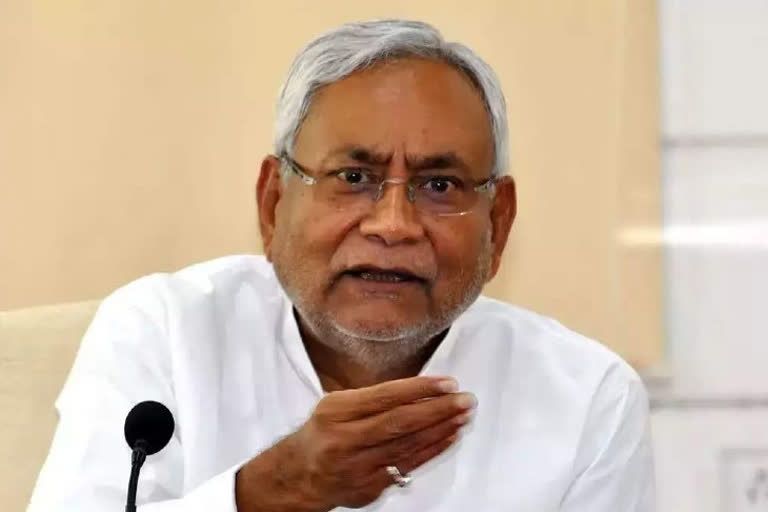Patna:With the decision of conducting its own caste-based census in Bihar, Chief Minister Nitish Kumar has marked his name in the history of the state by becoming the first CM to take such a progressive step. However, the question arises that how important is the caste-based census in Bihar as though several people have started raising questions about putting an extra financial burden on the poor state.
The state cabinet has approved Rs 500 crore for the caste-based census and promised to complete it by Feb 2023. People are inquisitive to know whether the caste-based census is the need of the hour whether it will put a financial burden on the state exchequer or if it is just a mere political gimmick. ETV Bharat spoke to different sections of people to understand the pros and cons of the caste-head count in Bihar.
In the words of the Bihar CM who has taken the decision, a caste-based census will provide comprehensive data to the policymakers to frame better policies for the groups who are deprived of welfare schemes or reservations. Soon after the announcement, BJP Rajya Sabha MP Rakesh Rakesh Sinha raised his strong objection to the census claiming that it will create a division in the society and would also increase the feeling of hatred and casteism.
To prove his point even BJP state unit president Sanjay Jaiswal said that it is not a census as only the Central government has the right to conduct any census. Jaiswal stressed it should be just a calculation or survey, not a census. Countering the view, Dr. Bakshi AmitKumar Sinha, who is a faculty member at the Centre for Economic Policy and Public Finance (CEPPF), at the Asian Development Research Institute (ADRI), Patna backs the Bihar government.
“The dimension and the data of this census would be broader than the previous census. All the data with details would be collected individually. It has several positive aspects. Being a state-specific census, we do not have any data on migration and this census would have even those numbers with detailed information. Many people are staying in other states but we do not have any specific data. We must require authentic data for the policymakers, government, and researchers and for everyone. It will also help one nation with one ration card scheme,” Dr. Bakshi said.
He further added, “One must understand that there would not be any changes in the reservation policy through this census but the diagnosis will surely take place and course correction will commence. As per the Constitution, even the reservation is provided on the basis of socio, economic and educational conditions. So, once the data is out, there would be a debate. Today's world is data-driven and not only in Bihar but in India we do not have much data on several dimensions. First and foremost once the data would be available, a decision could be taken for the deprived people. So from this point of view, the expenditure of Rs 500 crore is fruitful. Based on the data several other research can take place in other dimensions as well. This data will reflect the recent development in Bihar on different strata and caste groups.”
